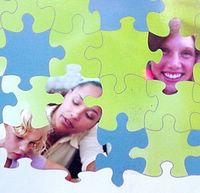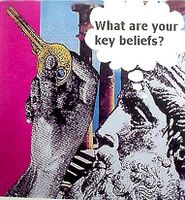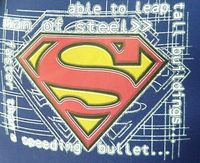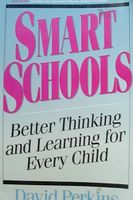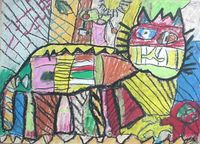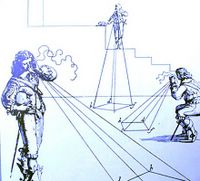
Avoiding reality!

Just liked the image above!
Seems to me it sums up how to avoid reality.
The current pre election posturing of the two main political parties seem to be presenting a debate defined by fixed positions. Both are arguing over how they can best organize the world for us. Trouble is they never seem to ask us what it is we all want. They presume to know on our behalf.
It is all, see no reality, hear no reality and speak no reality.
There is no conversation with the rest of us about what kind of country we want to become as we enter the first decades of the new millennium.
One side wants to return to less government, less taxes and a belief that all will be well. This recipe hasn’t worked in the past – either in the Victorian Era or in the 1990s. The other side wants to make all the decisions for us even though people eventually tire of being left out of being able to make their own decisions. It is 'survival of the fittest' (or greediest) versus 'one size fits all'.
So we end up with this 'either/or' argument and as a result real alternative solutions are never considered.
Traditional state welfare has created welfare dependency without empowering those receiving welfare to take responsibity for themselves. And as well it seems all the money goes to support the endless service organizations which live off the backs of the poor. Conservatives argue against this but seem unable to present an alternative and rely on 'spongy' phrases about money wasted on 'flaky' causes.
Until these fixed positions are broken down, and until politicians really start to listen to the voices of the real people, then this will be our lot.
Somewhere between the faceless state bureaucrats, determining our future with their endless rules, regulations and a compliance mentality that seem to fit no one in particular, and the dream that individuals by themselves can solve the problems themselves, if they were only given their tax money back, there must lie creative alternatives.
My bet would be on reducing the State to negotiate with us all a sense of direction, envoronmtal sustainability, and to provide the basic infrastructure and appropriate regulations ( to protect people from those who only care for their own profit or point of view).They then need to reinvent local community government to provide all the services now currently controlled by the State. We just need new rules to create a new world.
Rather than a universal 'one size fits all' mentality we should value regional diversity and participation by the people in their own destiny. If this were the case there would be lots of regional diversity but this should be seen as a strength. Some ideas will fail while other will succeed and spread to other areas. This is evolution. Most of all this creative decentralization would reinvent local social community responsibity, empower people and revitalize democratic values.
It would create a new environment and a new reality in accord with what we all value.
It would be 'messy' and would not be acceptable to the control freaks on both sides who currently are debating our future. As Shakespeare would have said, ‘a curse on both your houses’. Lets face reality - we are entering a new world.
